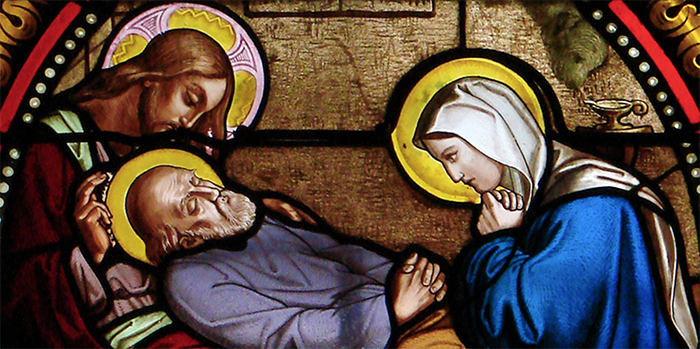Rev José Mario O Mandía
jmom.honlam.org
Death is certain. It is a fact. Life is short: “in the morning it flourishes and is renewed; in the evening it fades and withers (Psalm 90:6).” Everyone knows this. But we Christians have an advantage. Our faith tells us what happens after we die.
“After death, which is the separation of the body and the soul, the body becomes corrupt while the soul, which is immortal, goes to meet the judgment of God and awaits its reunion with the body when it will rise transformed at the time of the return of the Lord” (CCCC 205).
For a person without faith, death is uncertain and appears like one’s own extinction. For us with faith, death is the door to something infinitely better than “this valley of tears” (Hail, Holy Queen). “Eternal life is that life which begins immediately after death. It will have no end. It will be preceded for each person by a particular judgement at the hands of Christ who is the Judge of the living and the dead. This particular judgement will be confirmed in the final judgement” (CCCC no 207).
LIVING IN THE PRESENT
The CCC (no 1007) teaches us as well that “remembering our mortality helps us realize that we have only a limited time in which to bring our lives to fulfillment.”
Since we do not know the time of death, we need to make good use of each and every present moment – we should treasure each one and not waste it. Note that when we pray the Lord’s Prayer, we say, “Give us this day our daily bread.” We don’t ask for tomorrow’s bread, or for the next week’s bread, but today’s. The grace that God gives us is always for the present moment, just like the manna where God instructed the Israelites to “gather a day’s portion every day, that I may prove them, whether they will walk in my law or not” (Exodus 16:4). God will judge us by the way we have made use of that grace.
In the Hail Mary, we ask the Blessed Virgin to “pray for us sinners now and at the hour of our death.” These are the two most important moments in our life, and at some point, those two moments will coincide. Some people live in the triumphs and failures of the past, others dwell too much in the future – either way is unwise. The past is gone, and the future is not yet here; the only moment we have is now.
Our Lord told his disciples: “Therefore do not be anxious about tomorrow, for tomorrow will be anxious for itself. Let the day’s own trouble be sufficient for the day” (Matthew 6:34).
POWER, PLEASURES, AND POSSESSIONS
Moreover, the fact that one day we shall all leave behind power, pleasures, and possessions makes us realise how foolish it is to place our heart on perishable things. Material things have an expiry date. In the long run they are vain and empty (cf Ecclesiastes 1:2). The thought of death helps us to develop a spirit of detachment from all creatures. “Do not lay up for yourselves treasures on earth, where moth and rust consume and where thieves break in and steal, but lay up for yourselves treasures in heaven, where neither moth nor rust consumes and where thieves do not break in and steal. For where your treasure is, there will your heart be also” (Matthew 6:19-21).
EVERYTHING IN GOD’S HANDS
Moreover, by knowing that one day we shall die, we will learn how not to be self-sufficient, how to entrust our affairs to God, how to seek his will in everything. Saint James, in the fourth chapter of his letter, admonishes us: “Come now, you who say, ‘Today or tomorrow we will go into such and such a town and spend a year there and trade and get gain’; whereas you do not know about tomorrow. What is your life? For you are a mist that appears for a little time and then vanishes. Instead you ought to say, ‘If the Lord wills, we shall live and we shall do this or that’” (James 4:13-15).
Thus, the psalm prays, “Teach us to number our days that we may get a heart of wisdom” (Psalm 90:12). (Image: Death of Joseph, St Martin’s at Florac)


 Follow
Follow


